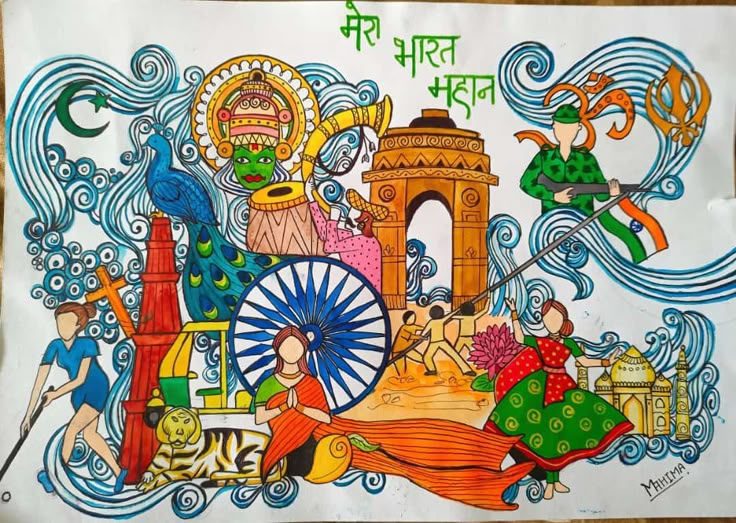
Introduction
The Mahawar Samaaj is a distinguished and respected community within the larger Vaishya (Bania) group, primarily known for its deep-rooted values of business integrity, cultural preservation, and social unity. Spread across various parts of India and abroad, the Mahawar community has carved out a niche for itself in society through entrepreneurial spirit, educational contributions, and social welfare.
The Mahawar Samaaj is more than just a group of people—it is a vibrant network of families connected through shared values, culture, and a vision of collective growth and harmony.
Origin and Historical Background of Mahawar Samaaj
The origin of the Mahawar Samaaj can be traced back centuries, believed to have emerged from the Agarwal or Vaishya trading communities of North India, particularly in states like Rajasthan, Uttar Pradesh, Madhya Pradesh, Delhi, and Haryana. The name “Mahawar” is historically linked to families who were skilled in trade, particularly of precious goods, textiles, and other commercial items. Some historical interpretations suggest the word “Mahawar” may be derived from “Mehwar,” indicating a region or lineage connected to specific territories or occupations.
Over generations, the Mahawar Samaaj maintained its identity through shared rituals, values, marital traditions, and religious practices. As traders and business owners, Mahawar families often acted as financiers, grain merchants, jewelers, or cloth traders, playing a crucial role in the economic development of their regions.
Cultural Identity and Social Unity
What sets the Mahawar Samaaj apart is its strong cultural ethos. Community members are known for organizing social events, spiritual gatherings, and religious festivals like Ram Navami, Janmashtami, and Diwali with great devotion and unity. Their temples, community centers, and Dharamshalas act as hubs of activity and support, especially in towns like Jaipur, Kota, Mathura, Gwalior, and Delhi.
Marriage customs, ancestral worship, and preservation of Sanskriti (culture) are deeply emphasized, creating a sense of collective identity and belonging. The community continues to promote moral values such as non-violence, simplicity, mutual respect, and charity.

Modern-Day Mahawar Samaaj
Today, the Mahawar Samaaj is not only involved in trade and business but also thrives in modern professions—education, medicine, technology, law, administration, and social services. Many young members of the community are active in social reforms, youth leadership, and cultural preservation efforts. The Samaaj also runs educational trusts, organizes medical camps, and supports underprivileged sections of society through seva (service).
Various Mahawar Samiti(s) and organizations across cities help in connecting the members, resolving issues, arranging marriages, and celebrating community pride. They also publish directories, magazines, and newsletters to keep everyone informed and involved.
The Mahawar Samaaj is a shining example of how a community rooted in age-old traditions can grow with time while staying true to its core values. Its story is one of hard work, heritage, and harmony, continuing to inspire future generations to embrace their culture and contribute positively to society.